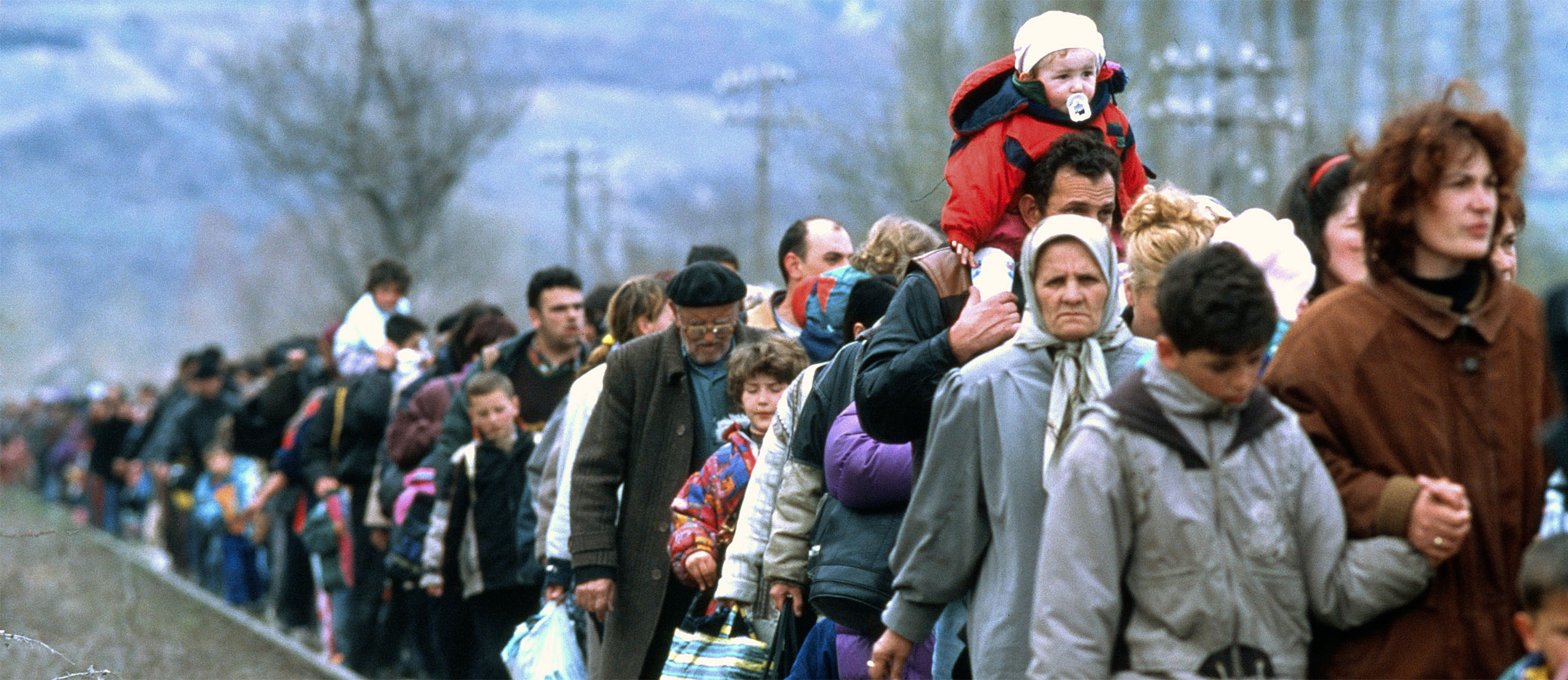Bulgaria’s zero refugee integration policy and beyond

I am sure you have heard that the Bulgarian government built a fence on the Bulgarian – Turkish border and that the ‘refugee crisis’ put the national asylum system to the test. What about the Bulgarian integration policies? Did you know that currently refugees in Bulgaria face ‘zero’ integration support for a second year in a row due to an institutional ‘Ping-Pong’?
How did we get there?
Over the period 2005-2013 the State Agency for the Refugees (SAR) was responsible for refugee integration in Bulgaria on the basis of a three-year National Programme for the Integration of Refugees in the Republic of Bulgaria. In the end of 2013, a new Programme for the next programing period had to be drafted. However, at an operation meeting of the Council of Ministers a decision was taken to change the approach to the refugee integration policies, and the competence for the management of the Programme was transferred from SAR to the Ministry of Labor and Social Policy (MLSP).
The management of SAR welcomed this decision and ceased the integration support and all integration related activities, in violation of the Law on Asylum and Refugees, stipulating SAR’s responsibility for refugee integration. All this happened in the context of the Syrian crisis, when asylum applications were exceeding thousand persons per year – the first such peak since the introduction of the national asylum system. Despite of the two new strategies in the field of migration and integration that were developed, the MLSP refused to be the responsible institution for refugee integration due to its limited administrative capacity and lack of sufficient human resources, and currently the refugee integration policy is in an ‘institutional vacuum’.
A possible explanation?
Even before the Syrian crisis SAR lacked sufficient administrative capacity and coped with its responsibilities in the field of refugee integration with the backing of the UNHCR and other NGOs engaged in asylum and refugee integration support. Most of the financial resources coming through the European Refugee Fund were invested in infrastructure – reception centres for asylum seekers. SAR did not prioritise integration and kept the Integration Programme coverage for an average of 100 persons per year, even though asylum applications were rising since 2013. The audit report of the Bulgarian Court of Auditors, covering the implementation of the Programme in the period 2011-2013, stresses that the Programme did not fulfil its aims to foster integration of refugees. It states that the funding of the Programme was not adapted to the increasing number of refugees after the beginning of the conflict in Syria and no funding was provided for the partnering institutions and NGOs, participating in the implementation of the Programme. Additional factor hindering the effective budgeting for integration was the fact that SAR’s budget was assigned through the Ministry of Interior.
It seems that the coping strategy of the management of SAR in the context of a ‘refugee crisis’ was to redefine the conception of its job and to diminish its responsibilities in regards to integration of refugees. The high recognition rates for those fleeing Syria together with the lack of any integration support discourage refugees to stay in Bulgaria and most of them seek possibilities to leave the country. Thus Bulgaria shifts the refugee integration problem to other EU Member States. This is not a durable solution and the Bulgarian government should invest targeted efforts to reintroduce integration measures as fast as possible.
Author
Zvezda Vankova, PhD Candidate, Law faculty